Your Trustworthy Lawyers In China
Your Trustworthy Attorney In China
Handle your case just like you were in China
Who Are We?
Zero Law Firm was legally established and developed by three generations, from grandfather to father and then grandson,the founding family has always been keeping improving their suit skills and absorbing comprehesive knowledge .The law firm has been fairly well-known in chinese legal profession since abundant experiences. The foreign related department has been set up for the people or their relatives who are not chinese citizens and need legal service. The department has been well recognized by our customers around the world.

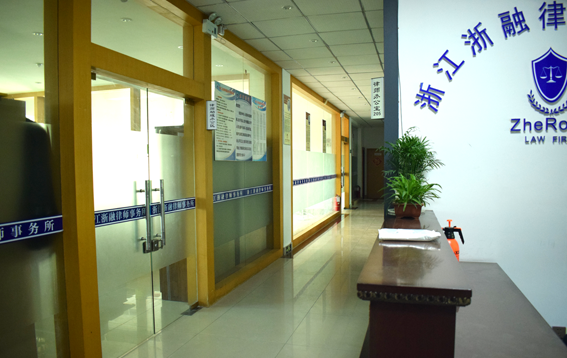
The law firm and their attorneys focus on litigation services and non-litigation legal services in several specialized fields, promotes professional positioning and team cooperation. After several years effort , zero law firm has developed into a high-quality law firm with advanced concepts and excellent services.All the attorneys of zero law firm are graduated from famous law schools in China. We all have good legal education background, exquisite legal litigation skills, rich experience in non-litigation legal services and distinctive professional service characteristics. We will provide you with professional legal services in various fields of China
Meet Our Team
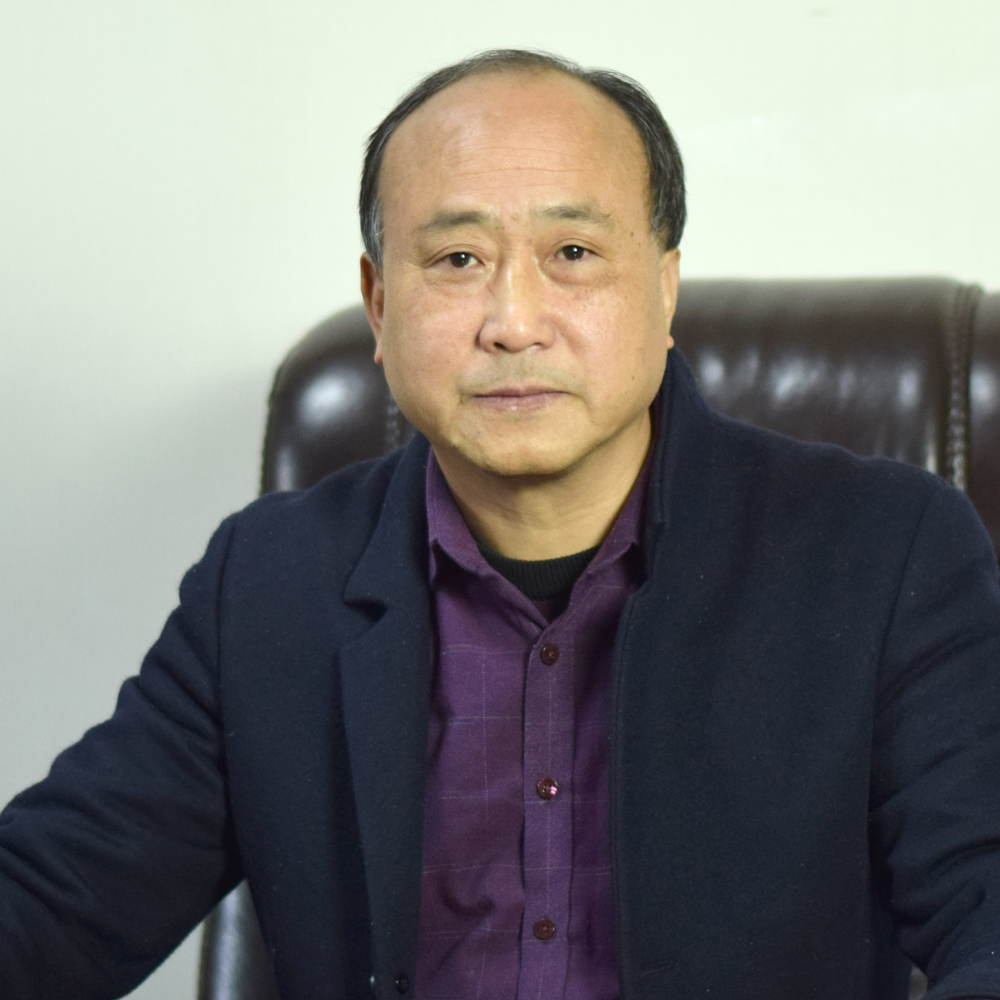
Jacky
Attorney
Practice Area
Criminal Defense for Foreigners,International Trade,Dispute Resolution etc
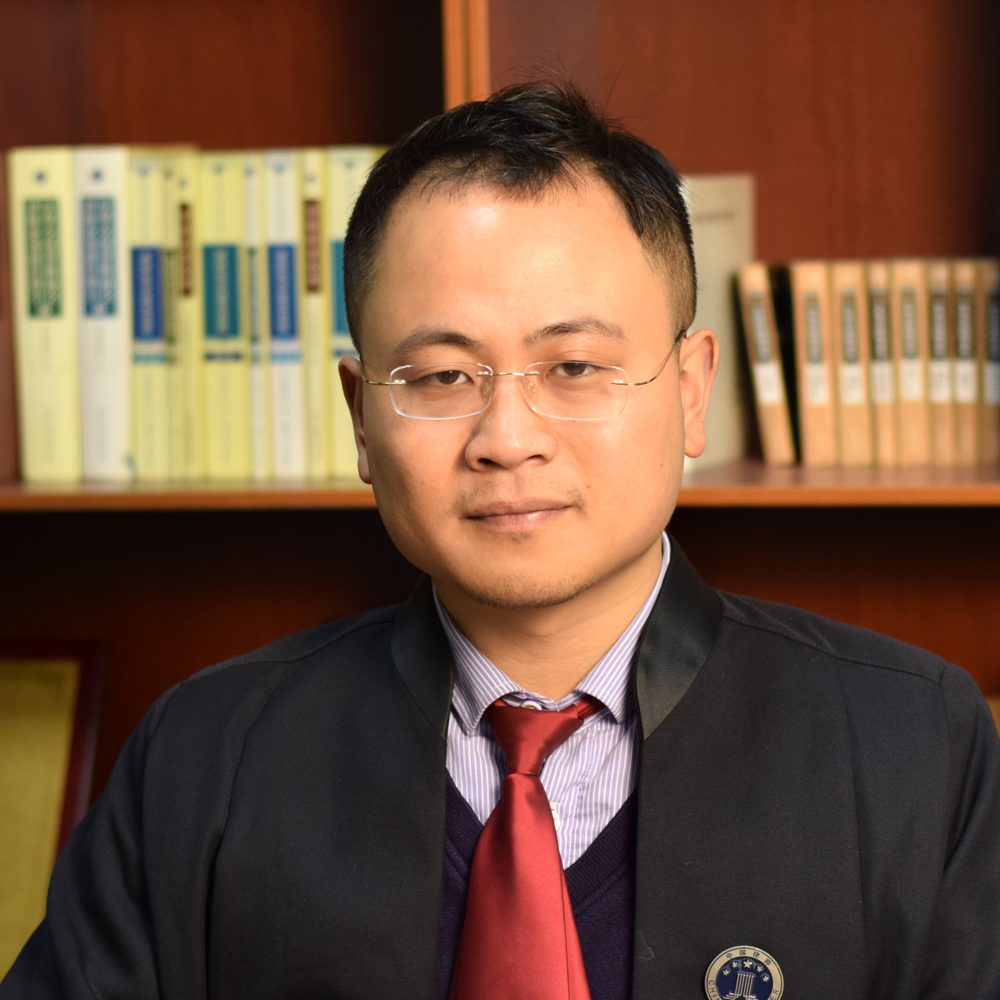
John Yu
Attorney
Practice Area
Criminal Defense for Foreigners,International Trade etc
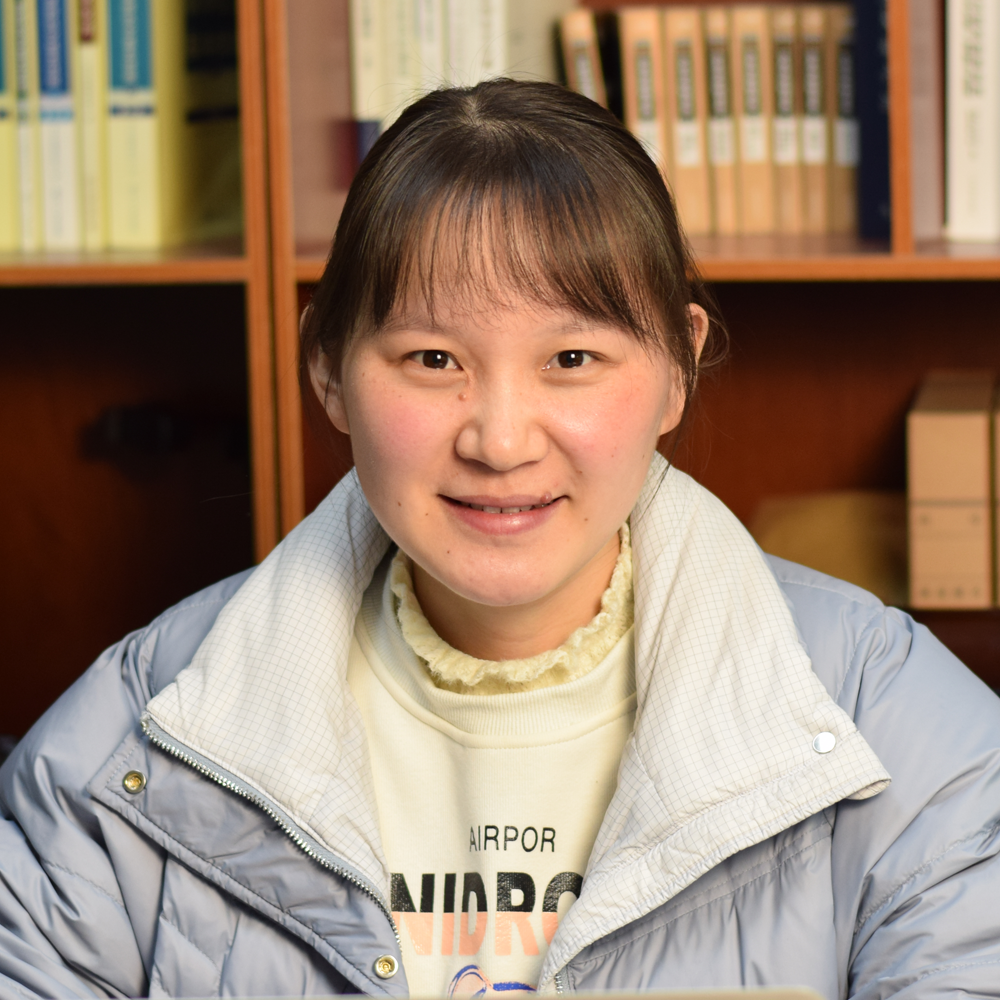
Anita Zhang
Attorney
Practice Area
Criminal Defense for Foreigners,Foreign Investment in china etc

Denny Dong
Attorney
Practice Area
International Trade,Foreign Investment in china,Intellectual property etc
Have Questions?
Detainees can only meet with their lawyers and, in the case of foreign nationals, consular officials; they cannot normally speak to family members or friends during detention.
Following final sentencing, prisoners can only be visited by family members, not friends. After the official arrest, the law allows for an investigation and prosecution review period of up to 13.5 months before formal charges must be laid.
Chinese criminal law is applicable to both citizens of China and foreigners who commit crimes within the territory of China.
The police can detain suspects for up to 37 days before the prosecutor approves the arrest. Specifically, after you are detained, the police will file, normally within three days, an arrest request for the prosecutor’s review and approval. Under special circumstances the filing time can be extended by one to four days. If, however, you are suspected of committing crimes in multiple places, being a repeat offender or being part of a gang, Chinese law provides for up to 37 days’ detention before official arrest.
After an official arrest, you may be detained for up to 13.5 months before formal charges are laid and the case is transferred to the court.
If you are detained, you will usually be taken to a detention facility and your passport will be confiscated by the police. Please inform your Consular Official if this happens to you. You are not normally able to make phone calls or meet with family members until the final judgment takes effect. Under the Chinese Criminal Procedure Law, a suspect has the right to hire a practising lawyer from the date on which he/she is first interrogated by the investigating authority or is subject to compulsory measures. There are some exceptions where permission must be granted by the investigating authority and access to a lawyer may be denied. Chinese law does not allow for “the right to remain silent.” You can have access to an interpreter, usually provided by the case handling authorities, if you are not able to communicate in the local language, but the availability and quality of interpretation varies.
The investigating authority has up to 7 months to conduct an investigation before a case must be sent to the prosecutor.
All detainees, including foreign nationals, may apply for release on bail by providing security in the form of an individual guarantor or cash deposit. This is done with the assistance of a lawyer. A suspect or defendant may be released on bail if the police, the prosecutor or the court deems it appropriate under certain circumstances, such as the detainee is suffering from a serious illness, is pregnant or breastfeeding, or might be punished by fixed-term imprisonment or a more severe punishment, but would not pose a threat to society if released on bail.
During the bail period, you are required to comply with a series of restrictions including appearing before the court when summoned, not leaving the city or county where you reside and reporting any change of residential/working address or contact details to the police within 24 hours. You may also be ordered to surrender your passport or driver’s licence to the police and be instructed not to visit certain places and/or meet with certain people. If you violate these restrictions, you may forfeit your cash deposit or be subject to residential surveillance or other punishment.
If you meet the conditions for bail but are neither able to provide an individual guarantor nor able to pay cash deposit, you may be placed under residential surveillance. During the residential surveillance period, you are required to observe certain restrictions including not leaving the residence under surveillance or not meeting or communicating with others without permission, appearing before the court when summoned and surrendering your passport or driver’s licence to the police.
Chinese law provides for a maximum of 12 months for bail and six months for residential surveillance.
After the case is transferred to the prosecutor for review, the prosecutor is required to decide, within 1.5 months, whether to prosecute. The prosecutor can, however, refuse to issue an indictment and send the case back to the investigating authority for supplementary investigation up to 2 times, each supplementary investigation can take up to 1 month per time. The timeline for prosecution review will be recalculated if the case is transferred to the prosecutor after each supplementary investigation. Therefore, it can take up to 13.5 months from the official arrest to the criminal trial.
A criminal trial typically consists of five parts:
court-opening session;court investigation;court debate;final statement(s) of defendant(s); andjudgment pronouncement.There can be more than one court hearing during a trial. Family members (number may be limited) are usually able to attend court hearings and observe the hearing; they are prohibited from speaking to you. The judgment, including sentencing, is normally pronounced during a final court hearing held specifically for this purpose. In some cases, the judgment is presented to you in written form only.
Under the current Chinese Criminal Procedure Law, the court has 2 to 6 months, from the date a case is transferred to the court, to hold court hearings and issue an initial judgment. This process can be longer with the approval of the Chinese Supreme People’s Court. The severity and complexity of a case usually have an impact on the length of a trial.
During the trial, under certain circumstances, such as the need for supplementary investigation or additional charges, the prosecutor may suggest a postponement of the hearing. The trial timeline can be reset if a case is transferred to the court after supplementary investigation.
A trial may be suspended due to reasons such as a defendant’s serious illness or escape. The suspension time of a trial will not be counted as being part of the overall trial length. The trial will be resumed only after the cause of the suspension is resolved.
You have the right to file an appeal, through the original trial court or directly with the court of appeal, within 10 days from the day following receipt of the judgment. The prosecutor can also appeal the judgment. Under current law, the appeal should take around 3 to 6 months. This process can be longer with the approval of the Chinese Supreme People’s Court.
You can also file a petition to the court or the prosecutor against a judgment or ruling that has already taken legal effect, but filing the petition will not stop the execution of the judgment or ruling.
You can file a petition to the court that provided the judgment or order within two years of the start of the execution of the criminal punishment. If the petition meets certain conditions, the court must retry the case. If the court rejects the petition, it may be filed to a higher-level court. Should the Supreme People’s Court retry the case or reexamine and reject the case, no further petitions will be accepted.
Part I: How do China lawyers normally charge attorney fees?
If you decide to move forward with a lawsuit in China, or you need assistance with a China legal matter, you need to find China lawyers, and of course ask about their billing practices and fees.
Most China lawyers bill under one (or several) of the following arrangements:
Hourly rate: this is the most common way for a western lawyer to bill, however most China lawyer do not charge by hourly rates, except for the lawyers who often serve foreign clients. This process requires accurate record of all time spent working on documents, reviewing case files, presenting information in court, and any other tasks related to the client’s case. The client and lawyer will agree on the hourly rate before getting started with the case.
Flat Fee Arrangements: with the flat fee arrangement, the attorney will render a specific legal service to the client for a fixed sum of money. Before agreeing to a flat fee, make sure you understand what is covered in the agreement. It may not include filing fees or other disbursements associated with the legal process.
Retainer fee: many lawyers require a retainer fee up front, which is something like a down payment on the case. As the lawyer works on your case, he or she will deduct the costs from the amount you paid and send you periodic invoices showing the deductions.
Contingency fee: a lawyer may offer this type of billing in a debt collection case. However, they are not allowed in criminal case, administrative cases and most family law case such as divorce, inheritance, child custody cases. With a contingency fee, the client only pay a small basic fee until the case is resolved. Upon resolution, the contingency fee is a percentage of the settlement or money awarded on behalf of the attorney’s client. The average ranges from 5 to 30 percent. Contingency fees may be negotiable. In addition to the hourly fees or flat-rate fee charged by a lawyer in a criminal case, the client often has to pay additional expenses, such as:
Expert witness fees
Travel expenses
Translation expenses
Litigation or arbitration fees(charged by the courts and arbitration institutions)
Part II: Fee Practice of ZERO Lawyer
For new clients, we could first set a free 30 minutes online meeting with the client in order to understand the background and inform the client the main issues that may arise.
We usually invoice on a time spent basis, our blend hourly fee rate is USD 240-360 depending on the case/ situation. We may charge a flat fee on the basis of estimated workloads after our further discussion with the client with the case/ project.
For special cases, we could also discuss with the clients about contingency fee, our normal percentage ranges from 6% to 20%.
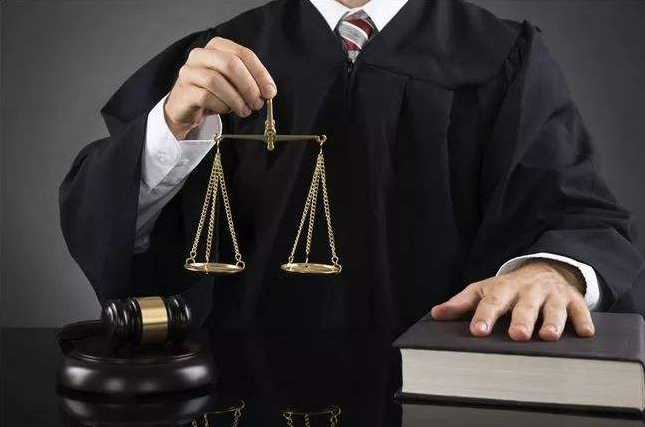
Why Choose Us
Inheritance
Zero Law Firm was developed by three generations,the founding family has always been keeping improving their suit skills and absorbing knowledge .
Professional
We advocate professionalism and uphold the rule of law. We persist in refining our legal skills to order to provide better services to our clients.
Innovation
By standing on a more reasonable and more scientific perspective, we constantly seek for new methodologies to polish our work process and to ultimately create better solutions.
Unity
Not only do we value the professionalism and experience of each colleagues, but the enhancement of efficiency, capability, insight brought by a team.
CONTACT US
Address
No. 556 Xiangshan Road, Yiwu, Zhejiang, China
info@zeroattorney.com
Phone
+86 156 6953 9699
Submit Your Case
Tell me about your issues or requirements and I will respond as soon as possible.

What should you do when you Chinese supplier told you his bank account was frozen?
Recently, many foreign buyers and Chinese suppliers have consulted the Zero Law Office to solve their problem: they have received payment in RMB but after that, their bank accounts have been frozen, what should they do?

Why can’t Chinese lawyers make any promise in litigation cases?
the client brings the question: ”Can you guarantee a definite result in this case?”. We usually reply to the client and state in our contract that we cannot guarantee a definite outcome. So many clients are confused: why are you a professional yet you can’t guarantee any result on my case?
